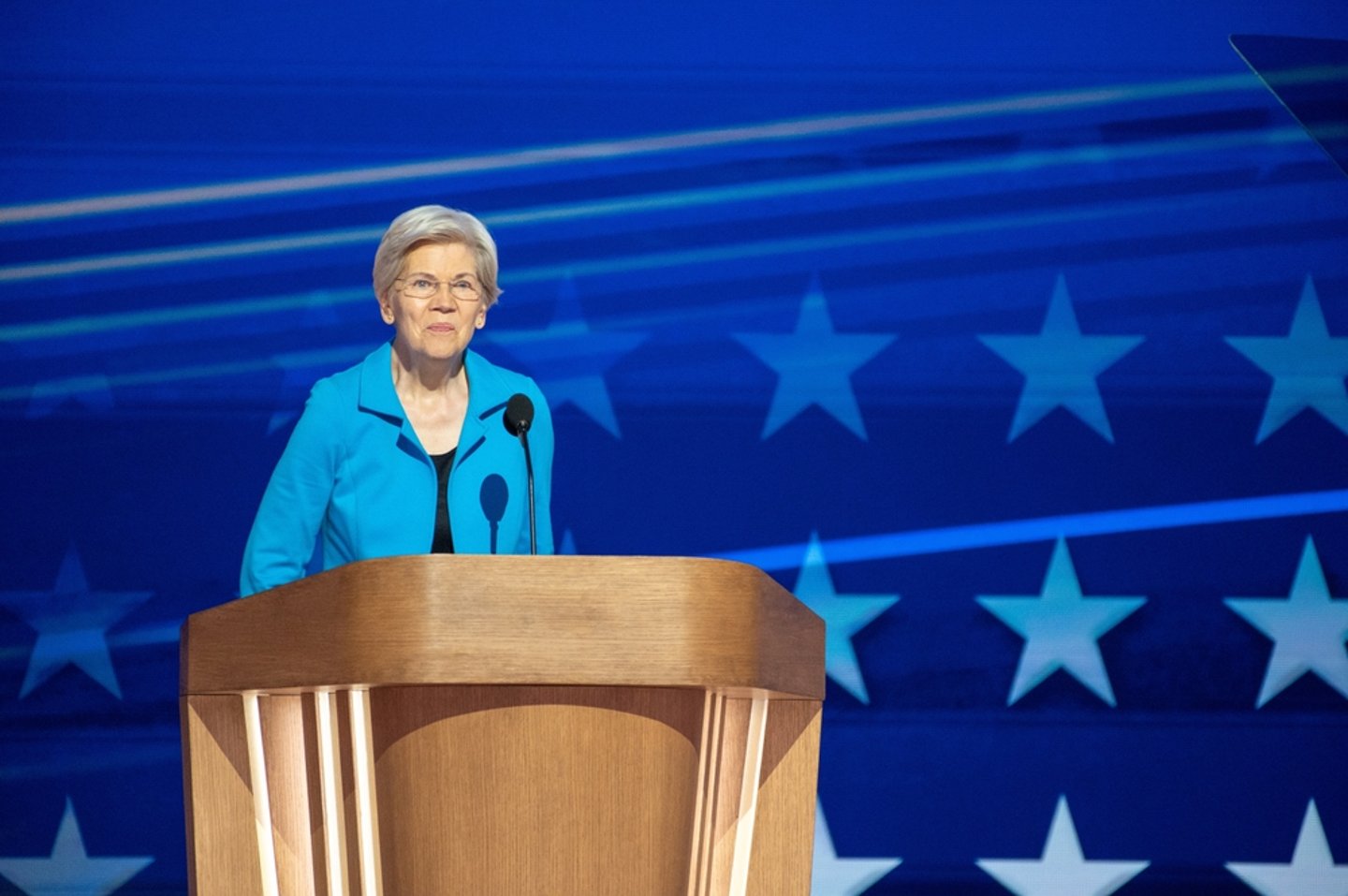Democratic Lawmakers Push Trump to Fulfill Promise to Lower Grocery Prices
U.S. Sen. Elizabeth Warren, D-Mass., and Rep. Jim McGovern, D-Mass., led 19 of their congressional colleagues in writing to President Donald Trump, exhorting him to take steps to lower the prices of eggs and other groceries.
Weeks before the 2024 U.S. presidential election, consumer survey results showed that inflation and the cost of food were at the top of voters’ minds. The latest Consumer Price Index (CPI) numbers released earlier this month from the U.S. Bureau of Labor Statistics show a 0.4% uptick in overall inflation and a 0.3% bump in food-at-home inflation for December.
Grocery prices in the cereal and bakery category also went up 1.2% after dipping 1.1% in November. The CPI for meats, poultry, fish and eggs rose 0.6%, driven by a 3.2% hike in egg prices at a time of avian influenza.
Warren and the other lawmakers pointed out the higher egg prices in their letter to Trump, writing, “Egg producers and grocery stores may leverage the current avian flu outbreak as an opportunity to further constrain supply or hike up egg prices to increase profits.”
However, as explained by American Egg Board CEO Emily Metz in a recent TWIG Podcast, there’s more to the story behind egg prices as the impact of the bird flu outbreak extends beyond individual consumers to affect the entire food supply chain, from producers to retailers. (Watch the complete Podcast episode here.)
During Trump's campaign for president, he promised to lower food prices “immediately” if elected. He even told the press, “I won on groceries.”
Yet the lawmakers' letter points out that the numerous executive orders Trump signed since Inauguration Day on Jan, 20 only briefly touch on food: “Your sole action on costs was an executive order that contained only the barest mention of food prices, and not a single specific policy to reduce them."
“To make food more affordable, you should look to the dominant food and grocery companies that have made record profits on the backs of working families who have had to pay higher prices,” continued the lawmakers.
Warren and the other legislators laid out six recommendations for executive actions to lower prices by encouraging competition and fighting price-gouging at each level of the food supply chain:
- Encourage the Federal Trade Commission (FTC) and U.S. Department of Agriculture (USDA) to prohibit exclusionary contracting by dominant firms in the food industry, making it harder for major retailers and food brands to shut out smaller suppliers and drive up prices at smaller stores.
- Encourage the FTC to issue guidance on potential violations of the Robinson Patman Act and Section 5 of the FTC Act within the food industry, and take enforcement action where merited.
- Work with the USDA to increase the number of government contract recipients that are very small businesses and to ensure that government contracting considers the long-term costs of food-sector consolidation.
- Help the Department of Justice (DOJ) and FTC scrutinize and, where appropriate, block mergers and acquisitions in the food and agricultural sectors.
- Encourage the DOJ to prosecute actors in the agricultural and food sectors for price fixing and other anticompetitive behavior.
- Direct the Commodity Futures Trading Commission (CFTC) and FTC to form a joint task force to investigate food price manipulation throughout the supply chain.
In response to the letter, the Trump administration said in a statement to NBC News that it was already working to lower the cost of living for families.
“President Trump immediately took action on day one to unleash American energy, which will drive down costs for families across the country," said Anna Kelly, the White House deputy press secretary. "He has already ended the failed economic policies of the past four years that skyrocketed inflation, which were rubber-stamped by Elizabeth Warren.”
Warren has long kept a watchful eye on the practices of large grocery companies. For example, last November, Warren and California State Rep. and U.S. Senate candidate Adam Schiff authored a letter to the USDA and FTC, urging the agencies to investigate large grocery companies for alleged price misrepresentation.
The letter read in part: “Major grocery chains may be making false and misleading representations regarding food sold by weight, leading to customers paying more for groceries than expected. … Too frequently, large grocery companies use their significant market power to hike prices for essential goods and take advantage of customers.” The letter was signed by 14 other congressional Democrats.
Meanwhile, among the executive orders Trump signed during his first week in office were orders to withdraw the United States from the World Health Organization, change U.S. immigration law and policy, pardon defendants who participated in the siege on the U.S. Capitol four years ago, and end DEI programs in federal agencies.






